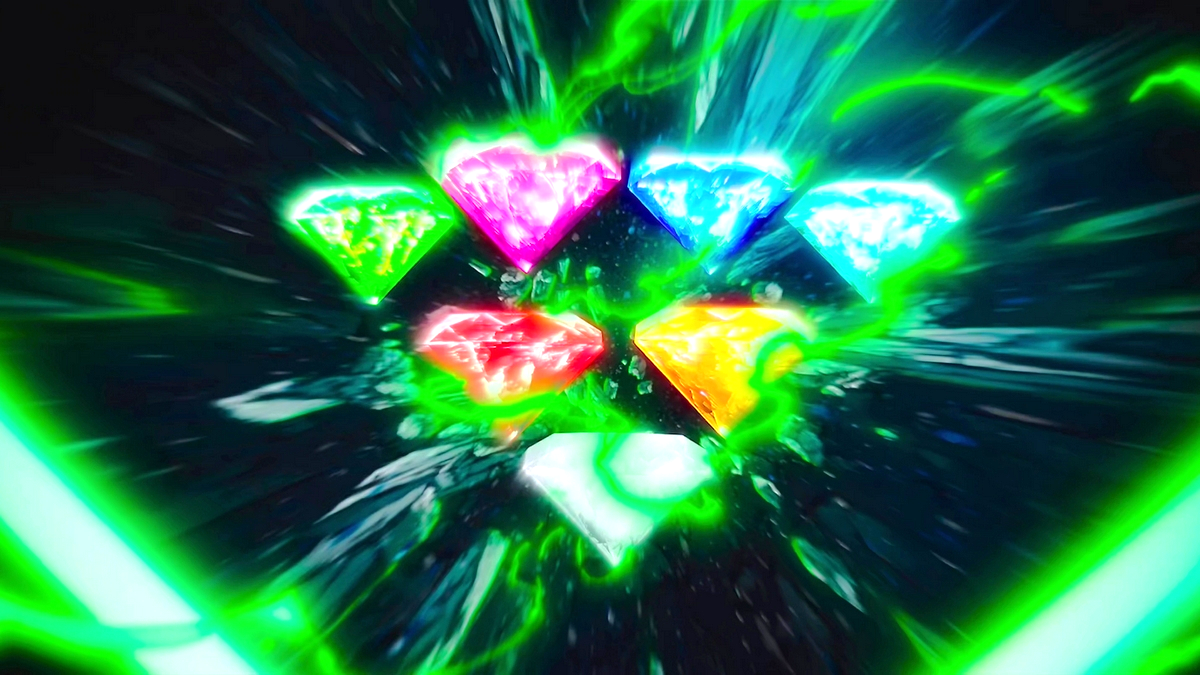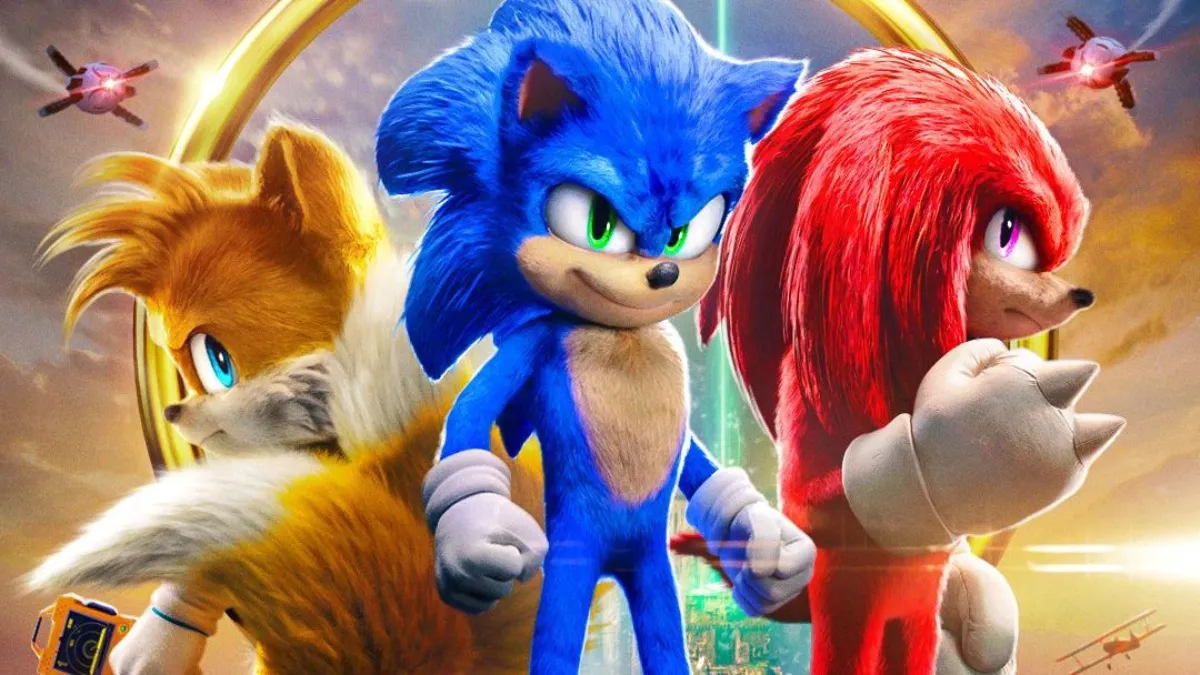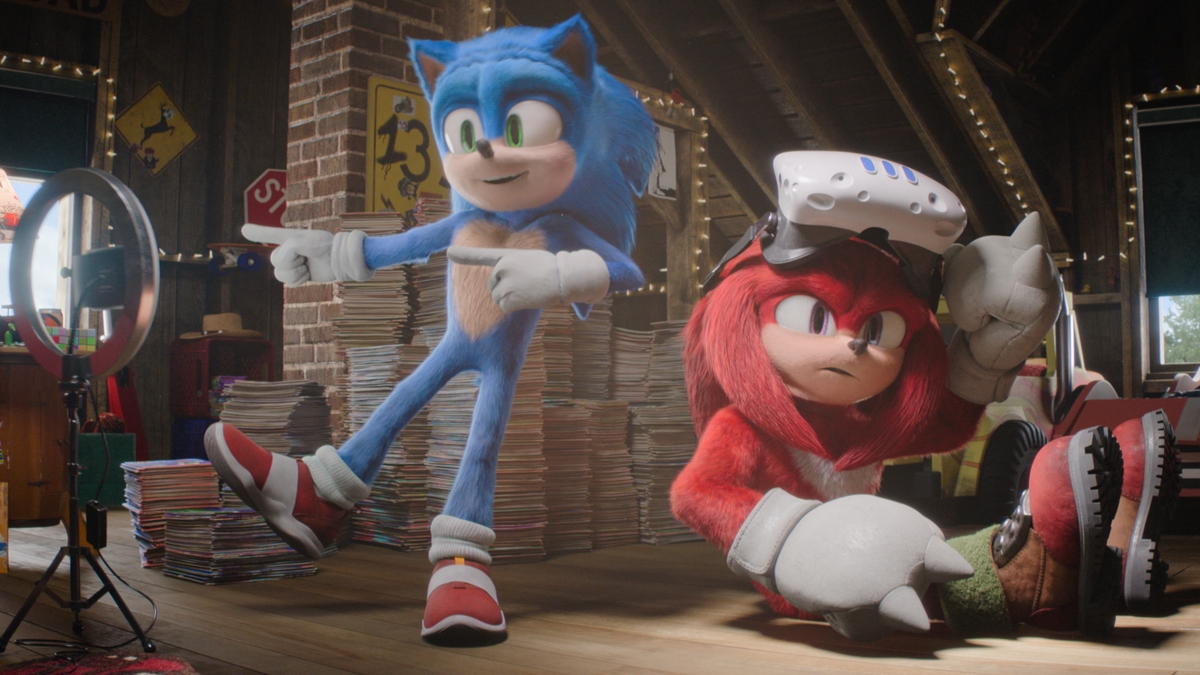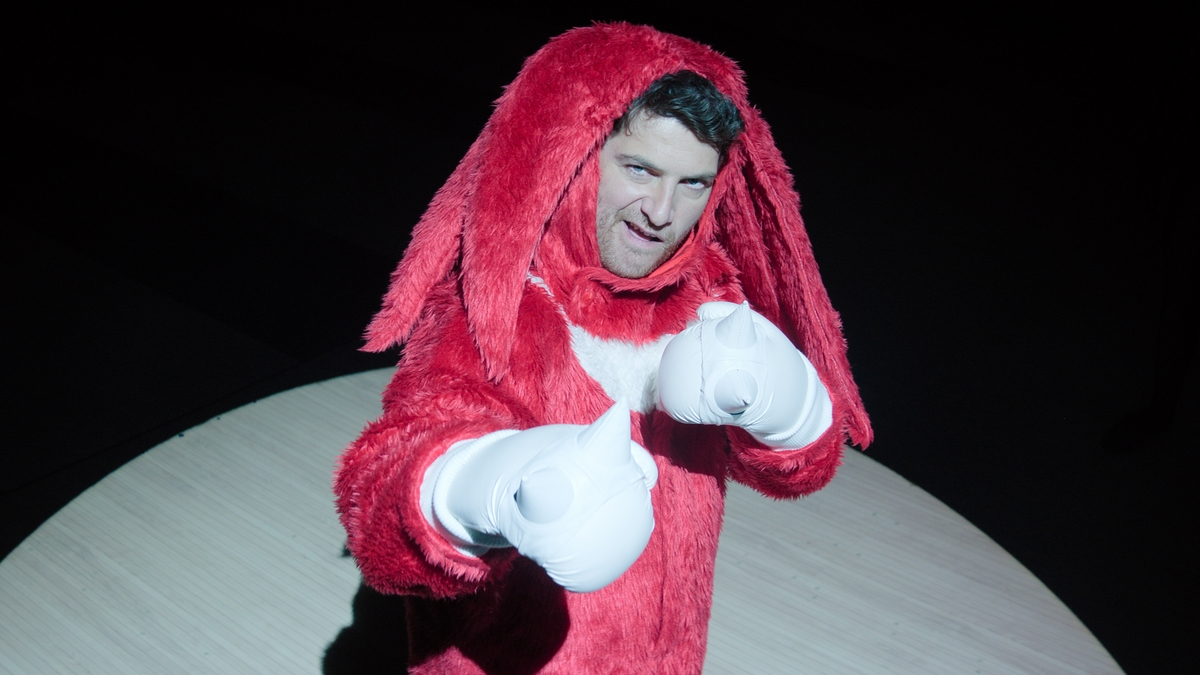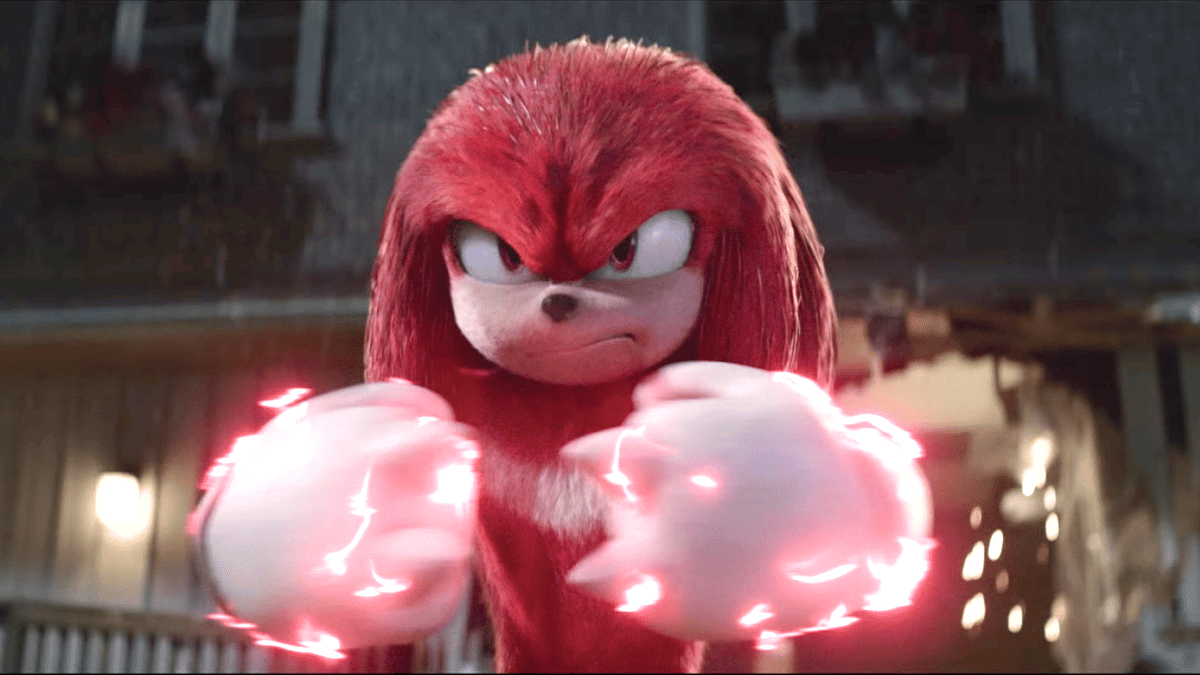When I previewed Yooka-Laylee at PAX East, I was rather excited by the possibilities of revisiting the 3D platforming genre in 2017. Now that Playtonic Games no longer face the technical limitations they did as developers for Rare in the ’90s, I thought, there are so many ways they can grow and evolve past what they created back then. Despite knowing just how much nostalgia the company has to live up to, I chose to use the preview as a way of elaborating on my hopes that some game — hopefully Yooka-Laylee, but maybe not — would combine platforming and open world gaming in a way that moved both genres forward.
Spoiler alert: Yooka-Laylee isn’t the game I was hoping for. It does feature easily the biggest worlds that Playtonic’s talented development team has ever put together (and of course, I’m including their projects with Rare when I say that), but that’s about as far as the evolution goes. Much of this “new” game isn’t very new at all — it’s nostalgia for nostalgia’s sake, and while that did provide me with a decent amount of fun, I couldn’t help but wonder how much better this project would have turned out had it not been mired in a different decade.
’90s-era platformers were never known for their stories, and I think Playtonic may have outdone themselves when it comes to keeping to that tradition. While the titular chameleon-and-bat duo are lounging in their favorite obligatory Sunny Grass Level™ one day, the evil Capital B (get it?) of Hivory Towers (get it???) uses some sort of Suck-O-Matic machine to steal everyone’s books and “convert all the world’s literature into pure profit.” Uh-huh. Yooka and Laylee’s book with golden pages called “Pagies” is torn apart during the process, leaving you to help them literally pick up the pieces.
Aside from being an absurd justification for the main characters to go collect things, the narrative — and by that, I mostly mean the dialogue between the admittedly-adorable duo— mostly seems to serve as an excuse for the developers to throw in as many bad, bad, bad self-referential jokes as they possibly can. I’m sorry, but simply pointing out things that existed in games back in the ’90s doesn’t really strike me as funny in the slightest. I know Playtonic had to meet some sort of “nostalgia quota” for this project, but surely they could have found a more humorous way to reintroduce these concepts? Honestly, now that I think about it, maybe not.
I never really loved the humor in Banjo-Kazooie or its sequel, though, and I thoroughly enjoyed both of those games — so iffy writing is far from a dealbreaker when it comes to this genre. As I suggested when I played the game at PAX, the success of these games really comes down to the controls and level design, both of which Playtonic seemed to be nailing.
Well… “seemed” is the operative word. I don’t want to seem like I’m being too harsh on this game, because ultimately I did end up having a lot of fun with it… but as I suggested at the beginning, Yooka-Laylee really feels like an experience straight out of the ’90s design-wise, to both its benefit and detriment. On the plus side, it does one of the things I was hoping it would do quite well: involve big worlds with a retro sensibility when it comes to getting around. So much of modern gameplay seems to involve following a little blinking waypoint, which I feel takes away from getting to know the lay of the land around you. Here, in order to successfully navigate, you’ve got to really explore and register each memorable set piece — which leads to the world feeling more detailed and alive than a lot of other games with spaces this big.
On the other hand, what you’re actually doing to earn “Pagies” (yes, the substitute for Banjo-Kazooie‘s “Jiggies”) is a bit of a mixed bag. Ones based on navigating platform obstacles are, as ever, the most fun; there’s nothing quite like purchasing a bunch of new moves for these characters and using them to get to a super-high or super-far point. Some of the little challenges are quite fun, too, like races against an athletic cloud, certain target-shooting and ring-jumping objectives, and a few fairly tricky environmental puzzles. There’s nothing really new or groundbreaking about any of this, but it did give me the warm fuzzies I used to get back with games like Super Mario 64 and, of course, Rare’s own work.
But then there are the reminders of why this genre may have died in the first place. The minigames… Oh, lawd have mercy, the minigames! I’ve almost never found these sort of challenges in platforming or adventure titles any fun, and these are some of the worst I’ve ever had the misfortune to play — from mercilessly long and boring mine cart tracks to insanely clunky “retro”-esque titles offered by a dopey dinosaur named Rextro (get it?????), there’s a lot of misery to slog through here. For every genuinely fun Pagie I enjoyed collecting, there seemed to be another that made me question the sadism of the developers.
This is compounded by what I ultimately find the most baffling failing of Yooka-Laylee: the controls and performance. Yes, this game is based on titles from the ’90s, but was anyone really clamoring to revisit their sluggish characters, disobedient cameras and questionable performance? I, for one, was not… and I’m not thrilled with how this game feels at a basic level considering it’s been in development for so long. There’s a lack of precision to controlling Yooka and Laylee that makes platforming just so slightly off, and man-oh-man, did I get sick of plummeting off cliffs when the camera swung out of my control into a fixed position — screwing up the analog stick’s orientation. These issues, combined with an inconsistent framerate, can really get in the way of the fun.
That’s really a shame, because beyond offering some decent level design, Yooka-Laylee looks and sounds great from an artistic perspective. Whether or not you’re a fan of Playtonic’s kooky character designs, there’s no denying their worlds are bursting with color and personality, which (at least to me) sometimes feels like it’s in short supply elsewhere in the industry. And while Grant Kirkhope’s new compositions aren’t his most original — in a weird way, he’s sort of ripping himself off — I can never really get enough of his quirky, playful tracks. No other composer turns out sounds quite like his, and it’s good to see him still plugging away in this industry.
Overall, Yooka-Laylee offers disappointments in equal measure to its successes. I did have a solid bit of warm, fuzzy fun revisiting ’90s platform tropes, but I was also majorly disappointed that Playtonic chose not to move the genre forward in any meaningful way. That includes not fixing problems that have been around since that cherished decade, like clunky controls and an uncooperative camera. If we see the lizard and bat for another go ’round, here’s hoping the developers take a few more chances.
This review is based on the Xbox One version of the game, which we were provided with.












